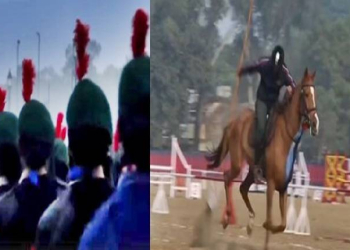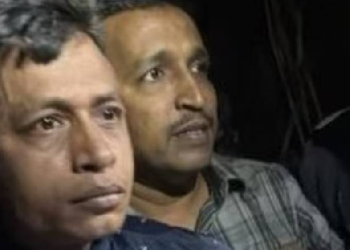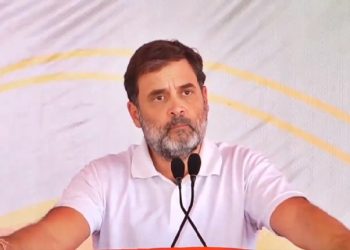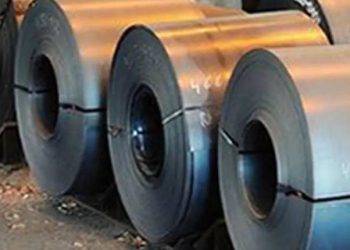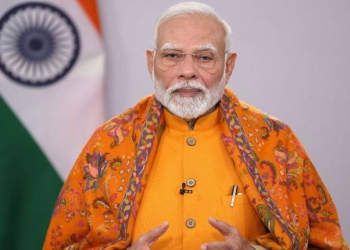New Delhi: The Supreme Court on Thursday said the allocation of the 2G spectrum was found to be arbitrary and constitutionally infirm, as it junked Loop Telecom plea seeking refund of Rs 1,454.94 crore paid for 2G licence.
A bench of Justices D.Y. Chandrachud, Surya Kant, and Vikram Nath said: “The process leading up to the award of the UASLs (Unified Access Service Licences and the allocation of the 2G spectrum was found to be arbitrary and constitutionally infirm.”
Justice Chandrachud, who authored the judgment on behalf of the bench, said: “The need for an open and transparent bidding process for the allocation of natural resources was substituted by a process which was designed to confer unlawful benefits on a group of selected bidders by which the appellant benefitted.”
Citing the top court judgment, delivered in 2012, quashing the 2G spectrum licenses, the bench said it is impossible to accept Loop’s submission that the fraud in the First Come, First Served policy lay at the doorstep of the Central government alone and that the firm was free from taint or wrong doing.
“Undoubtedly, the authors of the ‘First Come First Served’ policy were the official actors comprised within the Union government. But equally, the decision did not exculpate the private business entities who obtained UASLs and became the beneficiaries of their decision,” added the bench in its 71-page judgment.
Loop Telecom argued that the Central government granted fresh licences including for the areas which were governed by the licences in its favour at a much higher value, as it sought refund of the licence fee. The firm also cited its acquittal by the special CBI court in the 2G spectrum case.
But the bench said: “The appellant has tried to obviate these findings by relying on its acquittal by the Special Judge, CBI. It is important to note that the criminal trial before the Special Judge, CBI was limited to the question as to whether the promoters of the appellant had cheated the DoT by providing a false representation of its compliance with Clause 8 of the UASL Guidelines, since it was allegedly being controlled by the Essar group.”
It emphasised that the acquittal of the promoters of the appellant of these criminal charges does not efface or obliterate the findings which are contained in the final judgment of the top court quashing the licences. “Hence, as a beneficiary and confederate of fraud, the appellant cannot be lent the assistance of this Court for obtaining the refund of the Entry Fee,” it added.
The bench noted that the entry fee was a one time non-refundable fee payable. “According to the Union government, this was payable by an applicant for participating in the process of obtaining the UASL and was distinguishable from the licence fee under Clause 10.122 , which was relatable to the actual operation of the licence,” said the bench.
The top court judgment on appeals under Section 18 of the Telecom Regulatory Authority of India Act 1997 arise from the judgments dated 16 September 2015 and 11 December 2018 of the Telecom Disputes Settlement and Appellate Tribunal. Loop Telecom claimed a refund of Rs 1,454.94 crore representing the entry fee (together with interest) paid by it for 2G licences for twenty-one service areas.
Senior advocate A.M. Singhvi represented Loop Telecom in the top court.
(IANS)



